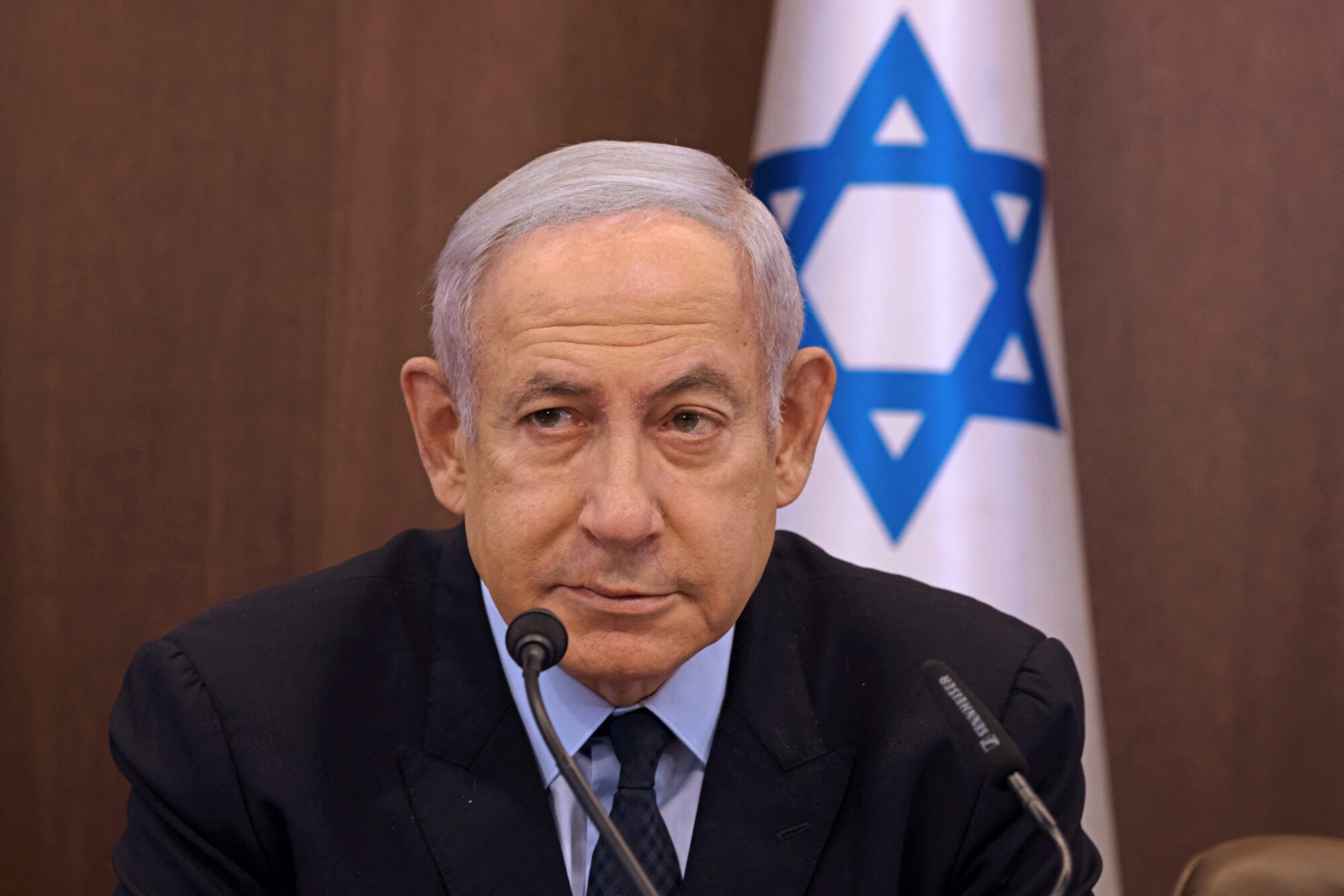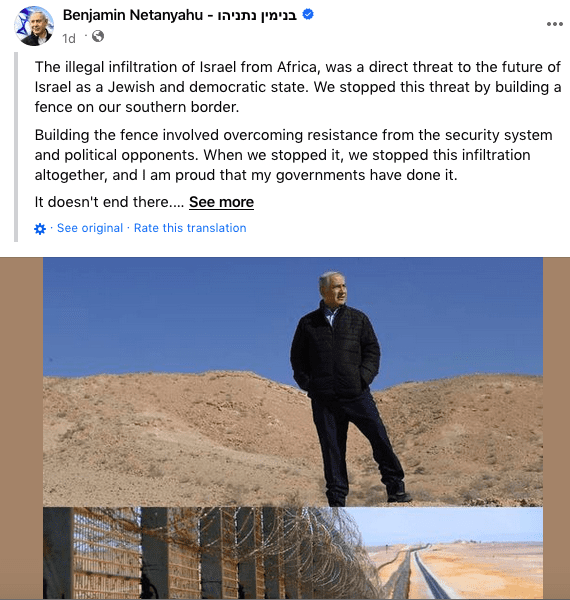
Mobs of migrant men from Eritrea erupted into violence over the weekend in the Norwegian city of Bergen, assaulting and throwing stones at police, as supporters of the current Eritrean regime clashed with those opposed to the government.
The Bergen riots began on Saturday afternoon in the city centre, and lasted around six hours before police were finally able to get the situation under control, with the Norwegian tabloid Verdens Gang (VG) reporting that two people were arrested out of the 200 people who were present.
The event that attracted the rioters was meant to commemorate the start of the war of liberation against Ethiopia, a thirty-year conflict that began on September 1st, 1961. Organisers expected around 150 to 200 people to attend for food and entertainment but were met with opposition protestors who demanded the event be cancelled.
Protestors are said to have been armed with various weapons including iron bars, bricks, and other melee weapons, and multiple fights took place in the early afternoon. Police state they have yet to determine who exactly started the violence.
Norway’s Prime Minister Jonas Gahr Støre, leader of the Labour Party, reacted to the violence, labelling it “unacceptable,” and went on to state,
Today we have seen violence and confrontation in Bergen between Eritreans because of the situation in Eritrea. It is completely unacceptable to use violence and engage in violent confrontations and attacks on the police in Norway.
“Here in Norway, we handle disagreements and contradictions without violence. The riots in Bergen create insecurity for everyone else and must stop,” he said adding, “We won’t have any of that in Norway.”
Erna Solberg, the leader of Norway’s Conservative Party, spoke out:
Today, children, families and the elderly have witnessed rioting on the streets and violent confrontations with police. It is frightening and creates insecurity for everyone. I have one appeal to all the protesters who are still in Bergen: Stop and go home. This is no way to resolve disagreements.
The incident occurred on the same day that rival Eritrean groups in Israel erupted into violence in Tel Aviv outside of the Eritrean embassy, as those supporting the current regime clashed with those who view the current Afwerki government as a tyranny.
According to a report from the Times of Israel newspaper, 30 Israeli police were injured amid the clashes, and 15 people overall were seriously injured as the Eritreans, described by the newspaper as asylum seekers, went at each other with pieces of metal, rocks, and at least one axe.
Of the 14 who were seriously injured, 11 were treated for gunshot wounds, as police deployed live fire during the rioting, while several others were stabbed or suffered head trauma.
The violence in Tel Aviv is said to have been sparked by an event that looked to celebrate the 30th anniversary of the head of the Eritrean regime, President Isaias Afwerki, who has been the head of state of Eritrea since 1993.
Like the Norwegian Prime Minister, Israel’s Prime Minister Benjamin Netanyahu had harsh words for those who took part in the violence, saying that they had crossed a red line and labelled the asylum seekers “illegal infiltrators,” and threatened “immediate deportation of those who took part.”

Now there remains a serious problem with the illegal infiltrators in south Tel Aviv and elsewhere,” Prime Minister Netanyahu said, adding, “We want harsh measures against the rioters, including the immediate deportation of those who took part.
The riots are part of a broader trend among Eritrean migrants and asylum seekers who have come to blows in several Western countries over the summer.
In July, 28 German police were injured and 200 people were arrested during an Eritrean festival in Gießen, which lies north of Frankfurt, as pro- and anti-government factions took to the streets to engage in violence.
Just weeks later in Sweden, another riot took place at an Eritrean cultural festival in Stockholm as an estimated 1,000 or so Eritreans came to blows, injuring at least 50 people. Swedish police later arrested between a hundred and two hundred people involved.
Sweden’s Justice Minister Gunnar Strömmer commented on the violence by insisting that migrants should not bring their internal disputes to Sweden saying, “If you flee to Sweden to escape violence or are on a temporary visit, you must not cause violence here.”
Despite the sentiment, mass migration to Western countries has seen multiple instances of conflicts being brought to the West, whether as violent clashes between Kurds and the ultra-nationalist Turkish Grey Wolves on the streets of Austria and Germany, or as conflicts between different sects of Muslims in Sweden, the United Kingdom, and elsewhere.
